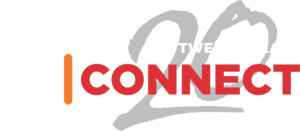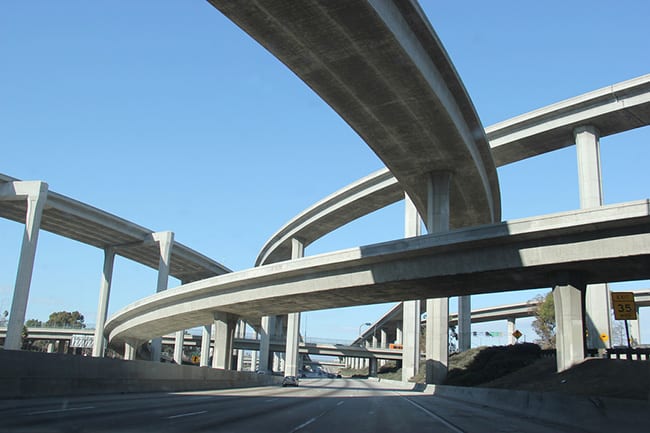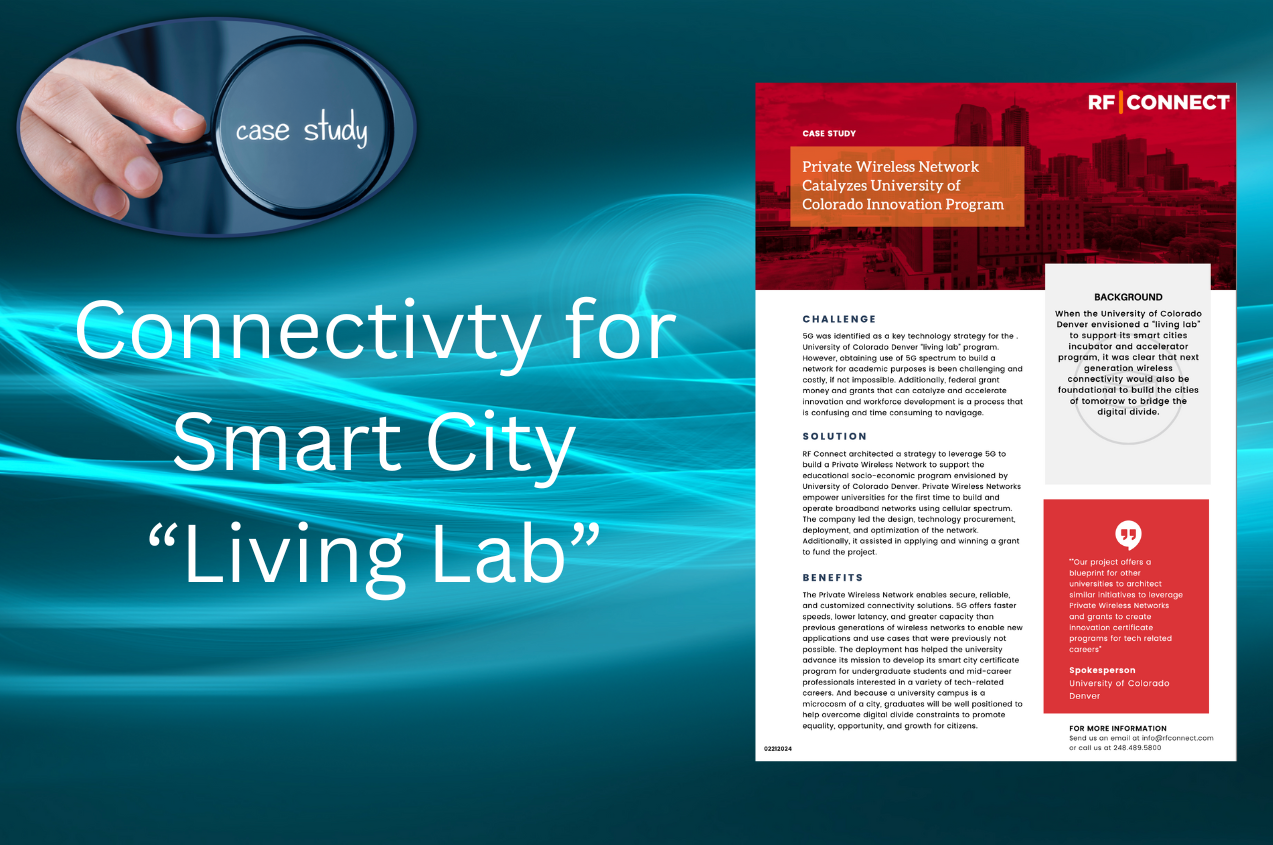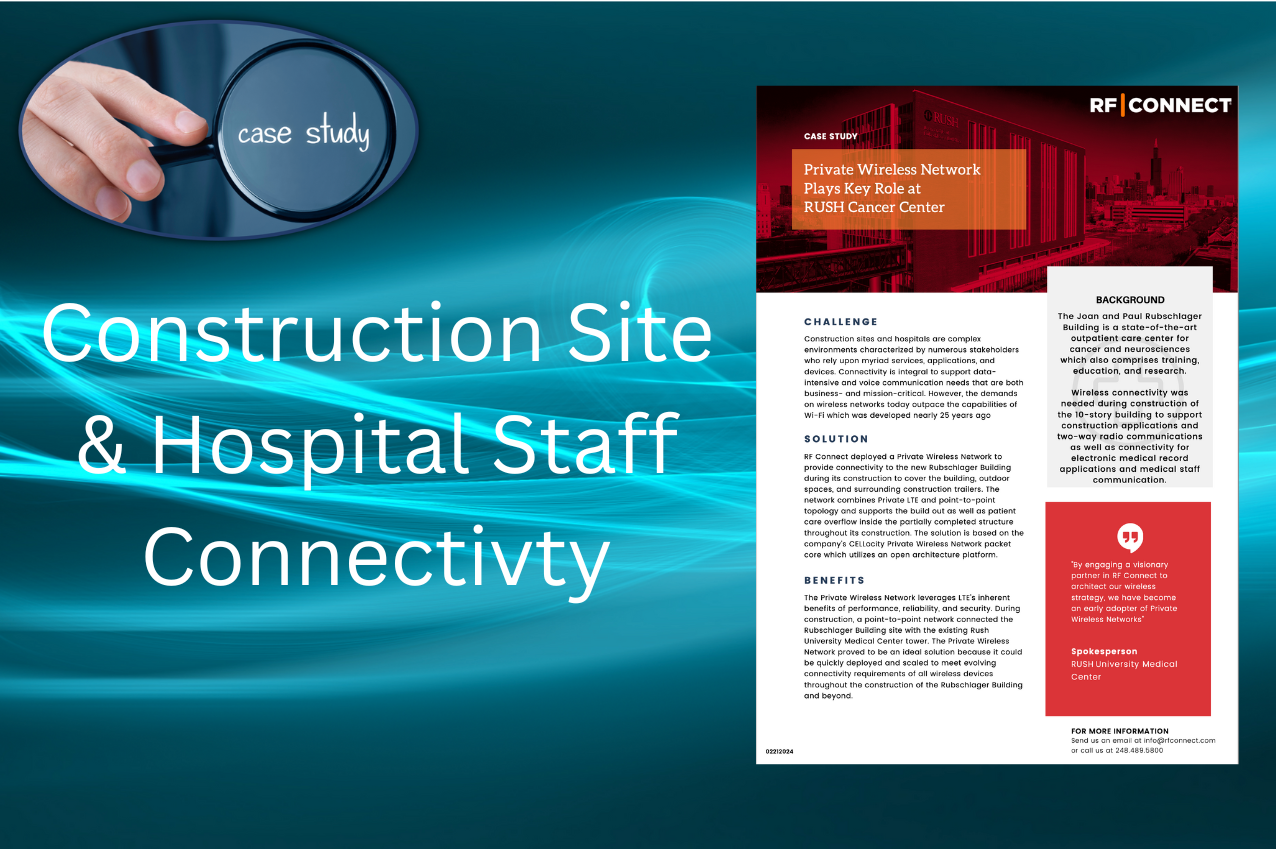The Challenge
In Dallas County, Texas, over 7 miles of highway included in the LBJ Express project were identified as below grade in a cantilevered tunnel effect, making public safety radio transmissions impossible. Because of the lack of radio signal in those areas, first responders were hindered from making or receiving calls. Law enforcement, fire, ambulance and other public safety radios for first responders were silenced, endangering the lives and safety of the public and the first responders.
The Solution
RF Connect constructed a first responder public safety wireless radio coverage system for the 7 miles of cantilevered below grade roadway. RF Connect designed the system on the VHF, UHF, 700, and 800 MHz public safety radio spectrum bands, giving first responders open communication channels. Due to the complete lack of public safety signals below grade, and the critical nature of those communications for the public and first responders, RF Connect designed the system with full redundancy so no single failure would cause an outage. A full 24 hours of battery back-up was included with the capability to add mobile generators for power outages beyond 24 hours. RF Connect integrated the system with multiple vendors’ equipment and provided a comprehensive alarm monitoring and maintenance program to guarantee the highest quality communications for public safety on all bands.
Kudos
Despite the delays in construction from Dallas’ record rainfall in the Spring of 2015, the project met its opening date goal and was, in fact, completed ahead of schedule, thanks to the overall collaboration of all parties involved.
What Our Customer Said
“Our number one concern is the safety of the public on the roadway and the reliability of the highway system. Due to the lack of signal for first responder radios on the below grade sections of the roadway, we partnered with RF Connect to design, deliver and test a solution for all of the public safety entities that keep the traveling public safe,” explained LBJ Express COO, Jason Sipes.
About the LBJ Express Project
When the LBJ Freeway opened in 1969, it was designed to hold about 180,000 vehicles per day. In 2008, the Freeway was counting 270,000 vehicles per day with demand expected to exceed 500,000 vehicles per day by 2020.
To accommodate the increased traffic, the 13-mile LBJ Express project called for improvements along Interstate 635 and Interstate 35E, including rebuilt main highway lanes, a continuous frontage road system and 13 miles of new express managed toll lanes. Crucial to the highway improvement project is RF Connect’s construction of the public safety wireless radio coverage system for first responders in below grade areas. Please visit www.lbjtexpress.com for more information.





